Top 5 Misconceptions About an Enclosure Air Conditioner

In this cash-strapped economy where money and energy usage are first priority, the poorly understood enclosure air conditioner is surrounded by many misconceptions that have gone to the extent of curtailing its use even in applications that require its installation. Here is an effort to dispel the most common ones.
1. There is Nothing a Larger Enclosure and a Ventilation System Won’t Solve
It is true that small electrical equipment with low heat dissipation, located in a cool, clean and dry air environment, may not require an enclosure air conditioner for cooling. Increasing the size of their enclosure and providing it with an efficient ventilation system can control the temperature. However, in locations with high ambient temperature, increased levels of humidity and dispersed particles in the air, natural convection or even filtered fans will not hold up. In these cases, an enclosure air conditioner is necessary to protect your equipment against damage and eventual failure.
2. Enclosure Air Conditioners are Unnecessary Luxuries for Your Electrical Equipment
High temperature is one of the biggest problems that threaten the performance, reliability and lifespan of electrical equipment. Often, the calculated equipment heat load in an enclosure, coupled with environmental concerns, make an enclosure air conditioner a necessity, not a luxury.
While the initial cost of an enclosure air conditioner may be higher than other options, its role in protecting your valuable electrical equipment definitely justifies its installation. Temperature control systems prevent your equipment from overheating, reduce the frequency of their maintenance, and eliminate the need for their repair and replacement. They reduce the costs associated with increased energy usage of electrical equipment at high temperature and increase the productivity of your business by reducing equipment downtime.
3. When it Comes to Enclosure Air Conditioners, Bigger is Better
Installing an oversized air conditioner for your enclosure is not a good idea because it can end up costing you more money during its lifetime than a unit properly sized for your application. Not only will you have to pay more money upfront, but the operating costs of a larger air conditioner are also higher. Larger air conditioners cool the enclosure faster, which causes them to switch on and off more frequently. This leads to loss of efficiency and increased energy consumption. Further, due to frequent power-cycling, the life of the equipment becomes shorter, resulting in more costs for repair and replacement. A BTUH calculator can help you size the air conditioner for your application.
4. Enclosure Air Conditioners Drip Water on the Floor all the Time
A dripping air conditioner may be the sign of a malfunctioning unit, commonly because of a broken component. An enclosure air conditioner controls the temperature of your enclosure and removes the moisture from the air within. For this purpose, all air conditioners come with a means of removing condensate. The condensate produced within the unit as a result of dehumidification of air is collected in drip pans either to be drained outside the enclosure through hoses or evaporated. The most efficient way is to use the heat from the refrigeration tubing connected between the compressor and the condenser coil to evaporate the water. Well-designed enclosure air conditioners do not drip water because their fully integrated condensate management system is equipped to handle it efficiently.
5. You cannot use Your Air Conditioner in Hazardous Locations Because of Too Many Exposed Components
A standard enclosure air conditioner is not usually designed for hazardous duty. The presence of combustible gas or vapor or ignitable dust in the location makes it impossible for conventional air conditioners to operate safely and reliably. However, most manufacturers offer specialized enclosure air conditioners for operation in hazardous locations; these units have robust engineering and industrial-grade construction that are in conformance with the requirements of the ANSI/NFPA and NEC. Typical hazardous duty air conditioners meet or even exceed the specifications of use in a Zone 2 setting at a T5 temperature class.
For information about enclosure air conditioners and how they can protect your electrical equipment, speak with our qualified sales team at Thermal Edge.

